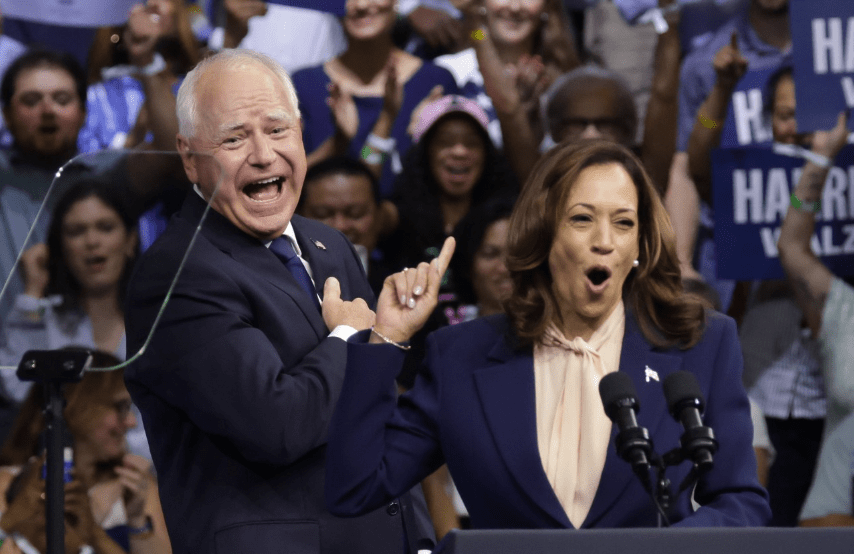In the wake of a devastating 2024 electoral defeat, Democrats are confronting a troubling narrative revealed through focus groups: many voters who once supported the party now perceive it as out of touch, ineffective, and overly focused on issues that seem irrelevant to their daily lives. Progressive organization Navigator Research conducted focus groups with swing voters and former Democrats who shifted their support in the 2024 election. The results paint a picture of a party increasingly viewed as complacent and elitist, with a widening disconnect between its leadership and the concerns of the electorate.
When group participants were asked to compare the Democratic Party to an animal, one drew a parallel to an ostrich, explaining, “They’ve got their heads in the sand and are absolutely committed to their own ideas, even when they’re failing,” as reported by POLITICO. Another compared the party to koalas, criticizing them as “complacent and lazy about getting policy wins that we really need.” Expressing severe disillusionment, another participant remarked, “Democrats are not a friend of the working class anymore.”
“I think what the Democratic elites and their politicians believe is often very different from what the average Democratic voter is,” said one Georgia man, who shifted his support from Biden in 2020 to Trump in 2024. “The elites that run the Democratic Party — I think they’re way too obsessed with appealing to this very far-left social progressivism that’s very popular on college campuses.”
When asked about inflation and tariffs, several participants in the focus group admitted they did not fully understand the policy implications, while others anticipated price increases. One Wisconsin man shared his mixed feelings: “Obviously, I wouldn’t want stuff to go up, but at the same time, in the long run, would it be better off for America and maybe having more stuff made here?”
Rachael Russell, director of polling and analytics at Navigator Research, described the focus group feedback as “a pretty scathing rebuke” of the Democratic Party brand. “This weakness they see, [Democrats] not getting things done, not being able to actually fight for people — is something that needs to be figured out,” Russell said. “It might not be the message, it might be the policy. It might be something a little bit deeper that has to be addressed by the party.”
Russell indicated that Trump’s favorable ratings reflect a “honeymoon” period, which she expects will decline once he takes office. “Once things start happening, it’s going to take a turn, and so it’s going to rely really heavily on the actions in the first 100 days to see how we go from here,” she predicted. That, of course, will depend on whether, when Trump attempts to push through his agenda, for which he was given a solid mandate by a majority of voters and electoral districts, he gets pushback or cooperation from Democrats who are obviously the party that has to rebuild.
While the focus group voters did not solely attribute their dissatisfaction with the Democratic Party to Kamala Harris, they revealed significant reservations about her candidacy. Participants criticized her as “inauthentic,” “very dishonest,” and “did not seem competent.” An Arizona man referenced a specific instance when Harris said, “Ya better thank a union,” during a speech in Detroit, describing it as “very disingenuous to me because I didn’t see an honest person that could be president.”
Another participant, who voted for Biden in 2020 but switched to Trump in 2024, commented, “It seemed like a lot of what she came out and said wasn’t really off-the-cuff, wasn’t coming from her,” he said. “Seemed like every interview, every time she came out and talked about something, it was planned out and never her thoughts, didn’t seem genuine to her thoughts, whereas, Trump, even though you never really knew what he was going to say, when he was going to say it, it was always him and genuine to what he thought, so that’s what swayed me.”



